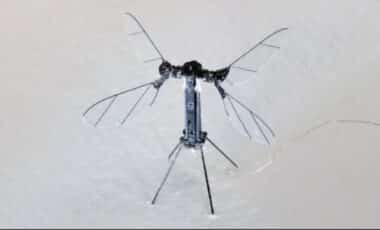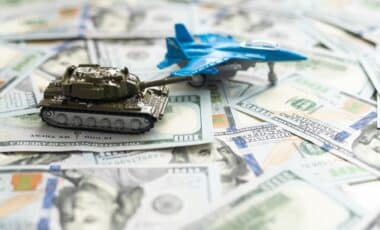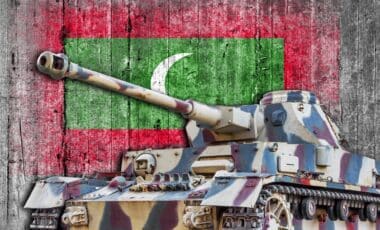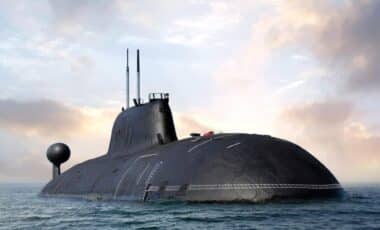depended entirely on his unit’s unique “newpaper’s” second-hand accounts of how it was overthere.For the truly interested in wartime journalism, as this reviewer is having been editor of hisEdison High School Hi-Lite Newspaper in south Stockton, California, I was fascinated to learnabout the news-making process during dawn to dusk D-Day operation. What information wasmade available to the writers; how did the writers assign meaning, or perveived, thatinformation; what information remained unavailable to them that day due to censorship orprocedural breakdowns caused by the frictions and irritations of battle. In the end, this gem ofa book that will make a stunning impression on a loved one is about the process by which theprint and broadcast media constructed a very specific storyline of D-Day in the moment, anarrative that granted it a unique and war-defining status in the minds of the American public
of the sort enjoyed by few events in American military history.








